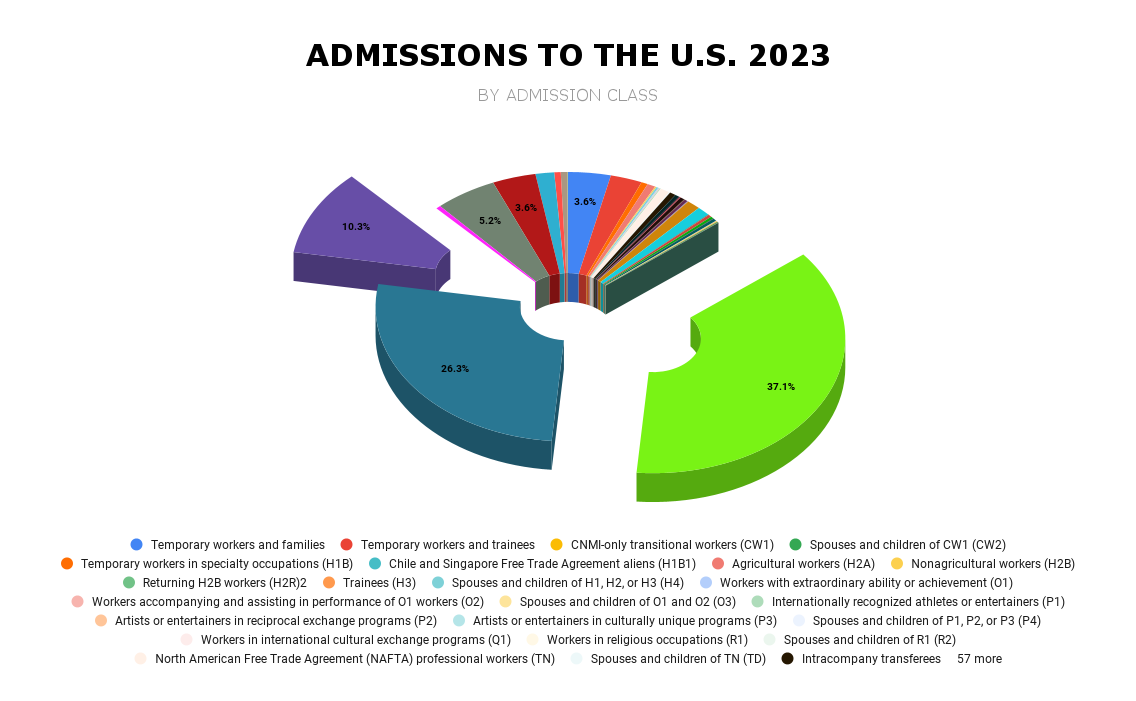Are Democrats Spending Billions of Dollars on Free “Top-Tier” Health Insurance for Illegal Migrants?
You may have noticed that the Federal Government has been shutdown most of the week after failing to reach an agreement over the Federal Budget. The Trump Administration and the President himself have been repeating that the reason the US Government is shutdown right now is because Democrats would not agree to remove billions of … Read more


